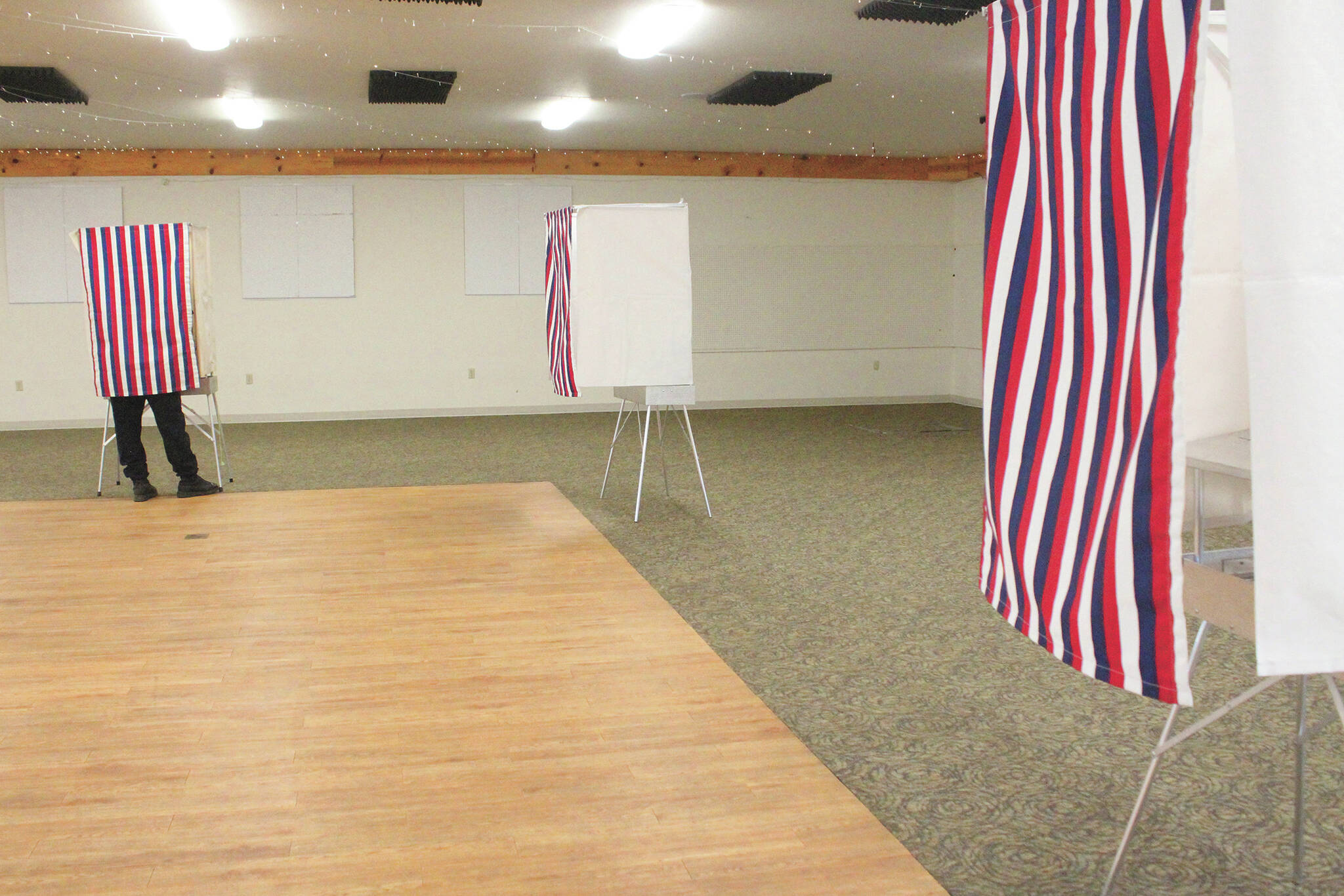U.S. Constitution framers were ambiguous about who could vote and left it up to the states to decide “times, places and manner” of holding elections.
In the beginning, only property-holding white men could vote. Changes came in 1870 with the 15th Amendment that stated voting is “a right regardless of race, color, or previous enslavement.” Women gained the right to vote with the passage of the 14th Amendment in 1920. The 1924 Indian Citizenship Act gave Indigenous peoples born in the U.S. full citizenship and thus the right to vote.
It was still up to the individual states to regulate their elections; voting obstruction was widely practiced with the use of poll taxes, literacy tests and other methods of intimidation aimed mainly at preventing African Americans and Indigenous peoples from voting.
The 1964 Civil Rights Act and the 24th Amendment preventing states from requiring a poll tax to vote started a shift, and with the Voting Rights Act of 1965 states were prevented from practicing any type of voter suppression. In 1971, the 26th Amendment lowered the age to vote to 18.
Additions followed: 1975 Section 203 of the Voting Rights Act required bilingual voting materials in certain jurisdictions. Section 208 provided voters reading assistance and a 1984 act was passed to require accessibility for the disabled and elderly.
Section 203 of the 1965 Voting Rights Act had a 25-year expiration. It was renewed in 1992 and 2006 with an additional requirement for states that have a history of voter suppression to get Department of Justice or federal court preclearance to election changes and to provide voting materials in other languages besides English, including Indigenous.
A 2013 Supreme Court split decision ruled the preclearance formula was unconstitutional; states no longer had to prove discriminatory voting practices.
HR4, the John Lewis Voting Rights Act of 2021 would re-establish the 2006 version of Section 203 with new criteria. The bill passed the House in August this year.
Remember, all votes count and all voices matter.
Therese Lewandowski has lived in Homer for 40 years. She is a member of the Central Kenai Peninsula League of Women Voters and is currently active in the Kenai Peninsula Votes group.

